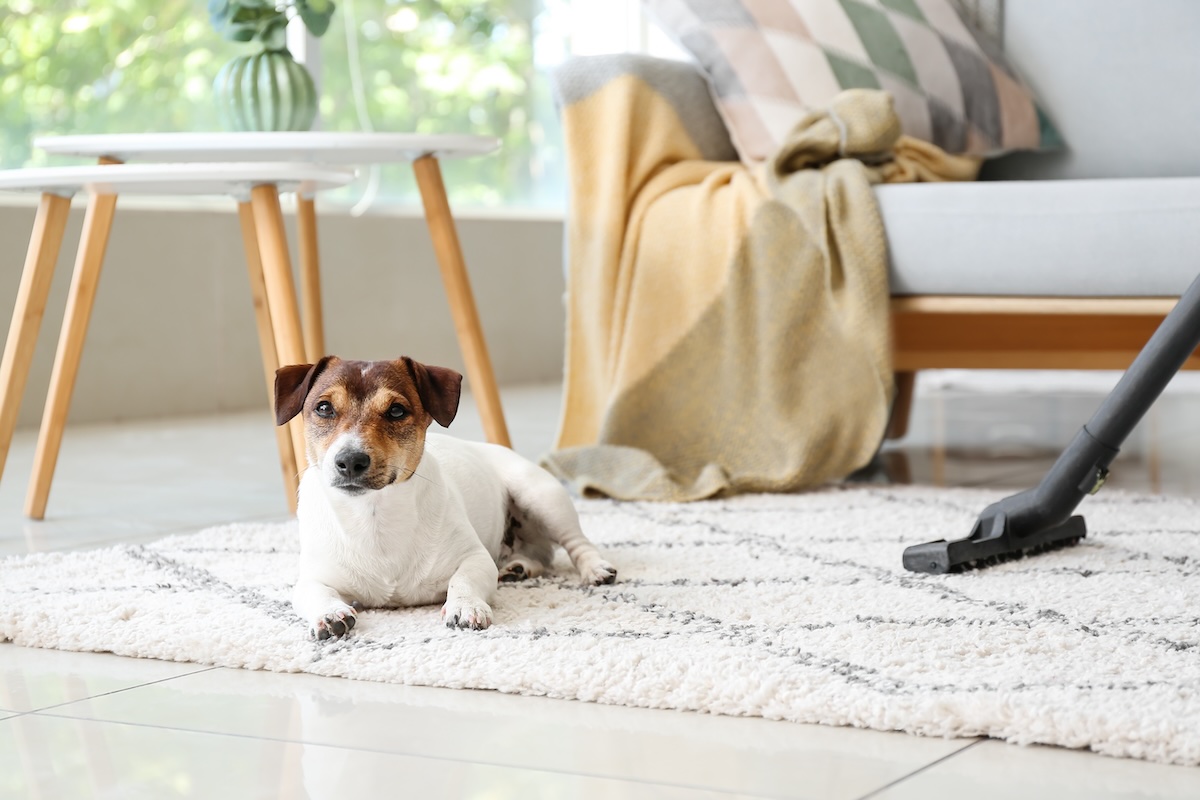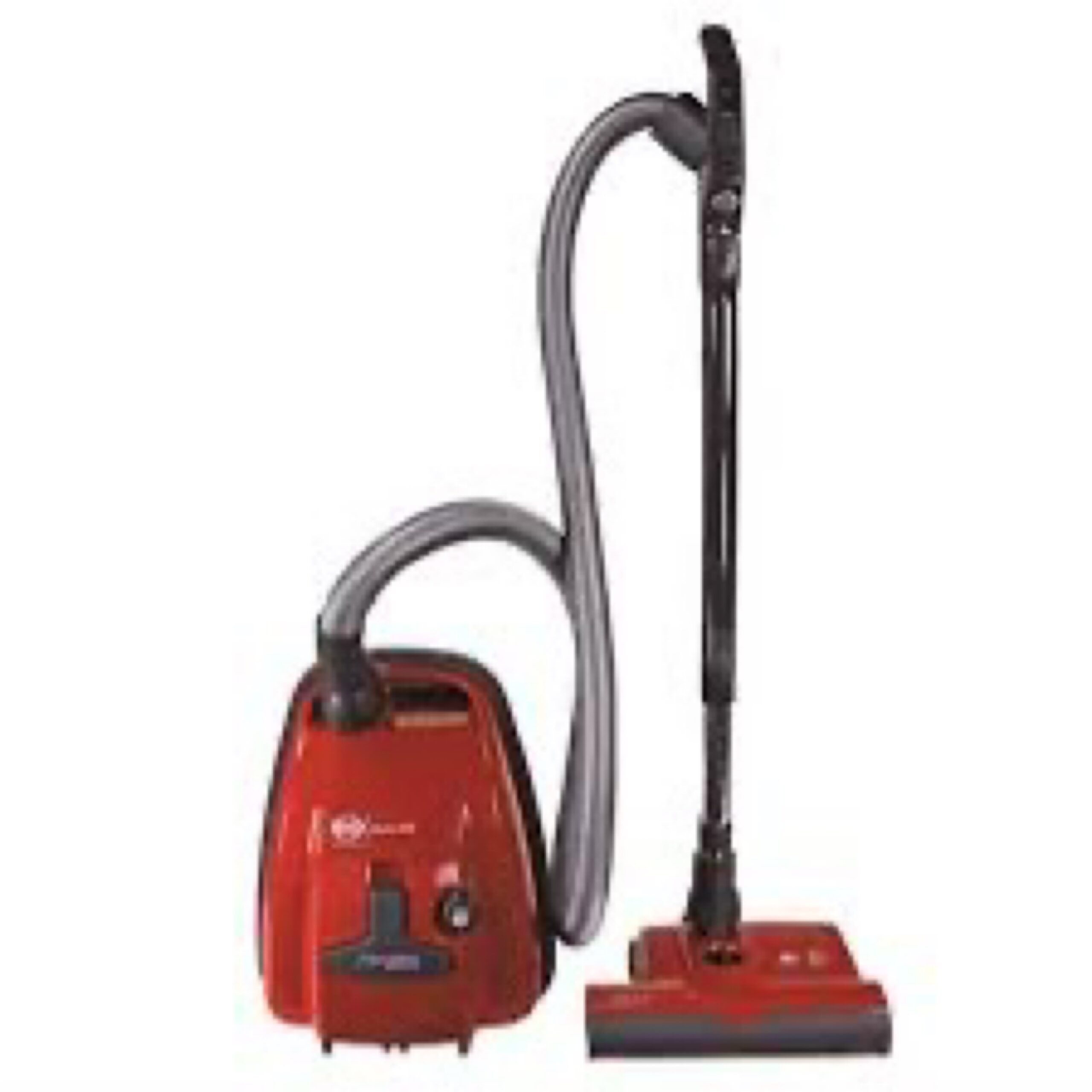When it comes to vacuums, Dyson is a name that’s often mentioned for its sleek design and powerful suction. But Dyson isn’t the only game in town. There are several other brands, like Shark, Bissell, Miele, Sebo, and Riccar, that offer strong competition. Choosing the right vacuum for your home depends on several factors, including budget, cleaning needs, and long-term reliability. Let’s break down how Dyson compares to these brands, so you can make an informed decision.
Dyson: Powerful Technology at a Price
Dyson vacuums are known for their innovation. The company popularized bagless vacuums, cyclonic suction, and cordless technology, which are big selling points for many. They often have futuristic designs and are lightweight, making them easy to maneuver.
Pros:
- Strong suction power: Dyson vacuums consistently perform well in suction tests, which is crucial for deep cleaning carpets and hard floors.
- Cordless options: Models like the Dyson V15 offer a cordless experience without sacrificing much power, which is handy if you’re tired of lugging cords around.
- Advanced features: Dyson vacuums often come with digital displays, laser technology to highlight dust, and various attachments for different surfaces.
- No bags to replace: Since Dyson vacuums are bagless, you don’t need to keep buying replacement bags, which can save money over time.
Cons:
- Expensive: Dyson models are typically among the most expensive vacuums on the market, with some costing several hundred dollars.
- Repairs and maintenance: If something goes wrong, Dyson parts and repairs can be costly. While they’re durable, wear and tear can add up over time.
- Can be over-engineered: Some users feel the features like laser lights and multiple power modes are unnecessary and add complexity.

Shark: Dyson’s Budget-Friendly Rival
Shark has made a name for itself by offering similar features to Dyson but at a more affordable price point. They offer a wide range of upright, stick, and cordless vacuums.
Pros:
- Affordability: Shark vacuums often deliver great cleaning performance at a fraction of Dyson’s price.
- Versatile designs: Many Shark vacuums are convertible, so you can switch from upright to handheld modes, offering flexibility for different cleaning needs.
- Anti-hair wrap technology: Some Shark models have self-cleaning brush rolls, which prevent hair from tangling, a feature Dyson lacks.
Cons:
- Durability: While Shark vacuums are affordable, they may not last as long as a Dyson. Users report more frequent breakdowns and the need for repairs.
- Bulkier design: Some Shark models are heavier and bulkier, which can make them harder to move around compared to a lightweight Dyson.
Bissell: A Budget Option With Deep Cleaning Capabilities
Bissell is a popular name in budget-friendly vacuums and offers a range of models designed to tackle pet hair, dirt, and stains. They also focus on more traditional upright vacuums with a few cordless options.
Pros:
- Affordable: Bissell is often the go-to for those on a tight budget, offering solid performance without breaking the bank.
- Great for pet owners: Many of Bissell’s vacuums are designed to deal with pet hair and odors, with specialized tools to tackle these tasks.
- Deep cleaning: Bissell’s carpet cleaners are well-regarded for their ability to deep clean carpets, going beyond surface-level dirt.
Cons:
- Less innovation: Bissell doesn’t focus as much on cutting-edge technology, so don’t expect the fancy features you’ll find with Dyson or Shark.
- Average build quality: While affordable, Bissell vacuums can feel less robust than pricier brands. They might not hold up as well with heavy use.

Miele: German Engineering for Serious Cleaning
Miele vacuums are known for their precision engineering and high quality. These vacuums are often favored by people with allergies or those who want a deep, thorough clean.
Pros:
- Exceptional filtration: Miele vacuums use HEPA filters and sealed bags, which make them excellent for those who suffer from allergies or want superior air filtration.
- Durability: Miele vacuums are built to last, often outlasting other brands by several years.
- Quiet operation: These vacuums are surprisingly quiet for their power, making them less disruptive when in use.
Cons:
- Expensive: Like Dyson, Miele vacuums come at a premium price. Additionally, you’ll need to purchase replacement bags and filters, which adds to the long-term cost.
- Heavier design: Miele models are generally heavier than Dyson and Shark, which can make them harder to carry up and down stairs.
Sebo: A Niche Option With Professional Credibility
Sebo is less well-known in the consumer market but highly regarded in professional settings like hotels and hospitals. This brand focuses on premium upright and canister vacuums.
Pros:
- Built to last: Sebo vacuums are incredibly durable and designed for heavy-duty cleaning, making them a great option if you need something for a large home or professional setting.
- High-quality filtration: Like Miele, Sebo vacuums have excellent filtration systems, which help trap allergens and dust.
- Simpler design: Sebo focuses more on functional, reliable design rather than flashy features, so they’re often easier to use for long periods.
Cons:
- Price: Sebo vacuums are expensive, and like Miele, they require regular purchases of bags and filters.
- Limited availability: Sebo is not as widely available as other brands, making it harder to find in local stores or online.

Riccar: American-Made With a Focus on Quality
Riccar is a lesser-known brand that prides itself on building high-performance vacuums in the U.S. Their vacuums are designed for people who value craftsmanship and long-term reliability.
Pros:
- Superior suction and filtration: Riccar vacuums are known for their strong suction and excellent filtration, making them great for deep cleaning.
- Durability: These vacuums are built to last and come with metal components in key areas, unlike the plastic you’ll find on many Dyson and Shark models.
- Made in the USA: For those who prioritize buying American-made products, Riccar stands out.
Cons:
- Pricey: Riccar vacuums are not cheap, and replacement parts can also be expensive.
- Old-school design: While reliable, Riccar vacuums lack the modern, high-tech features found on Dyson or Shark models.
Which Vacuum Is Right for You?
When it comes to choosing a vacuum, it really boils down to what you prioritize. If you’re all about the latest technology and don’t mind paying for it, Dyson is a top choice. However, Shark offers similar features at a lower price, making it a great option for budget-conscious buyers. For those who want durable, long-lasting machines, Miele and Sebo stand out, especially if air quality and filtration are priorities. Meanwhile, Bissell is perfect for those who want a simple, affordable vacuum that gets the job done. And if you’re looking for an American-made option with high build quality, Riccar deserves a closer look.
Each of these brands offers something unique, so weigh your needs, budget, and preferences before making a decision. After all, a vacuum is an investment in your home’s cleanliness, and it’s worth taking the time to find the right fit.




